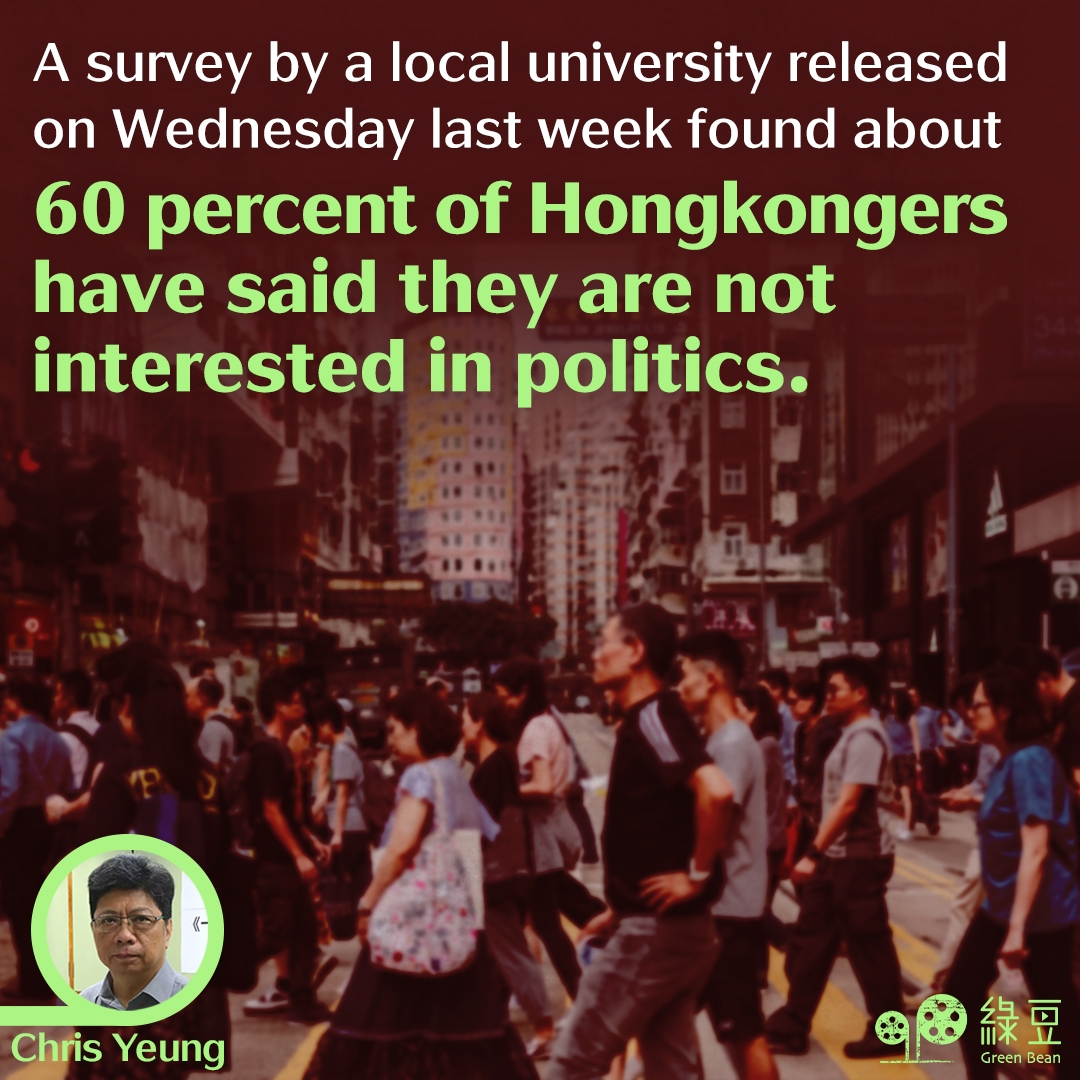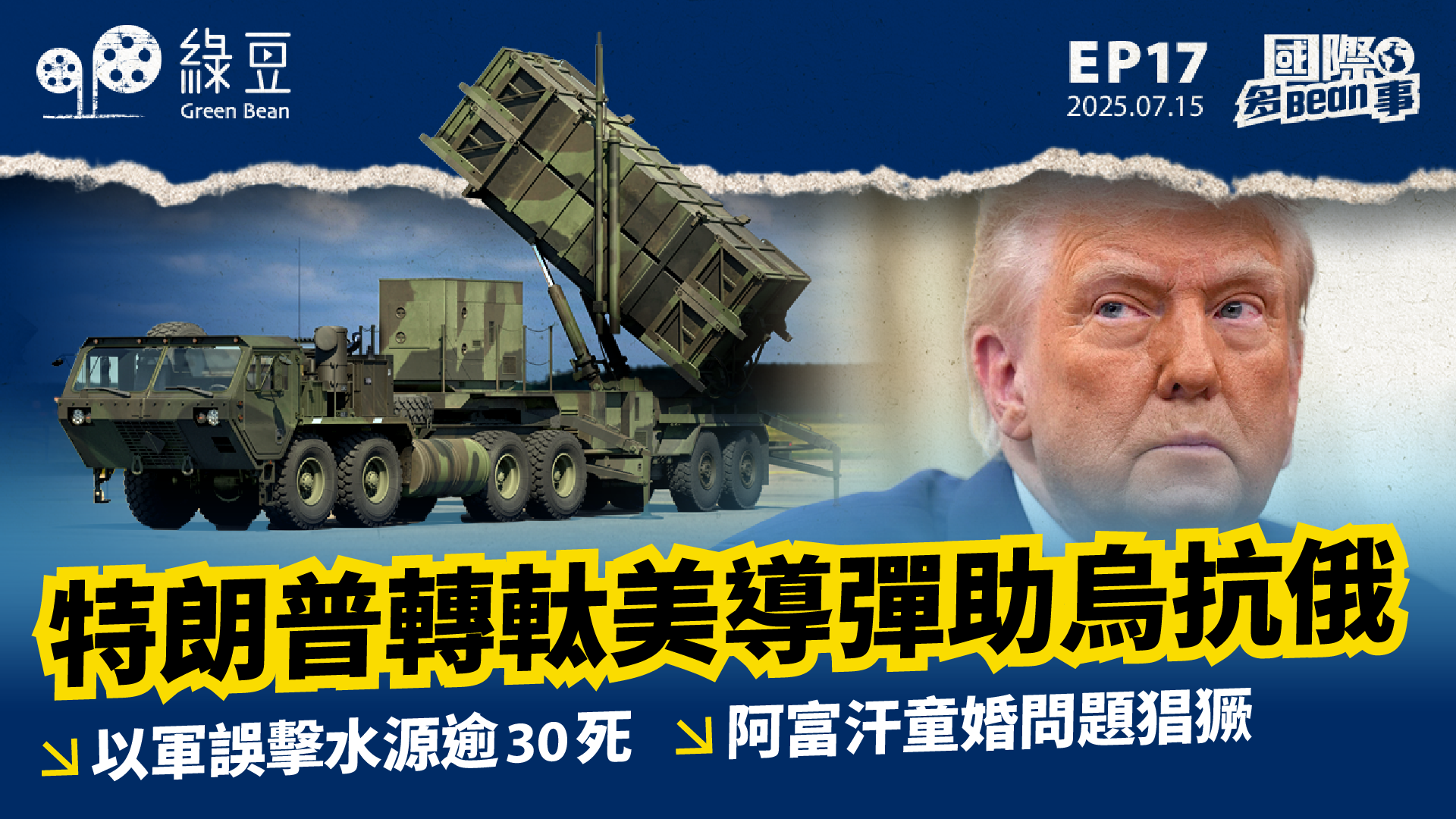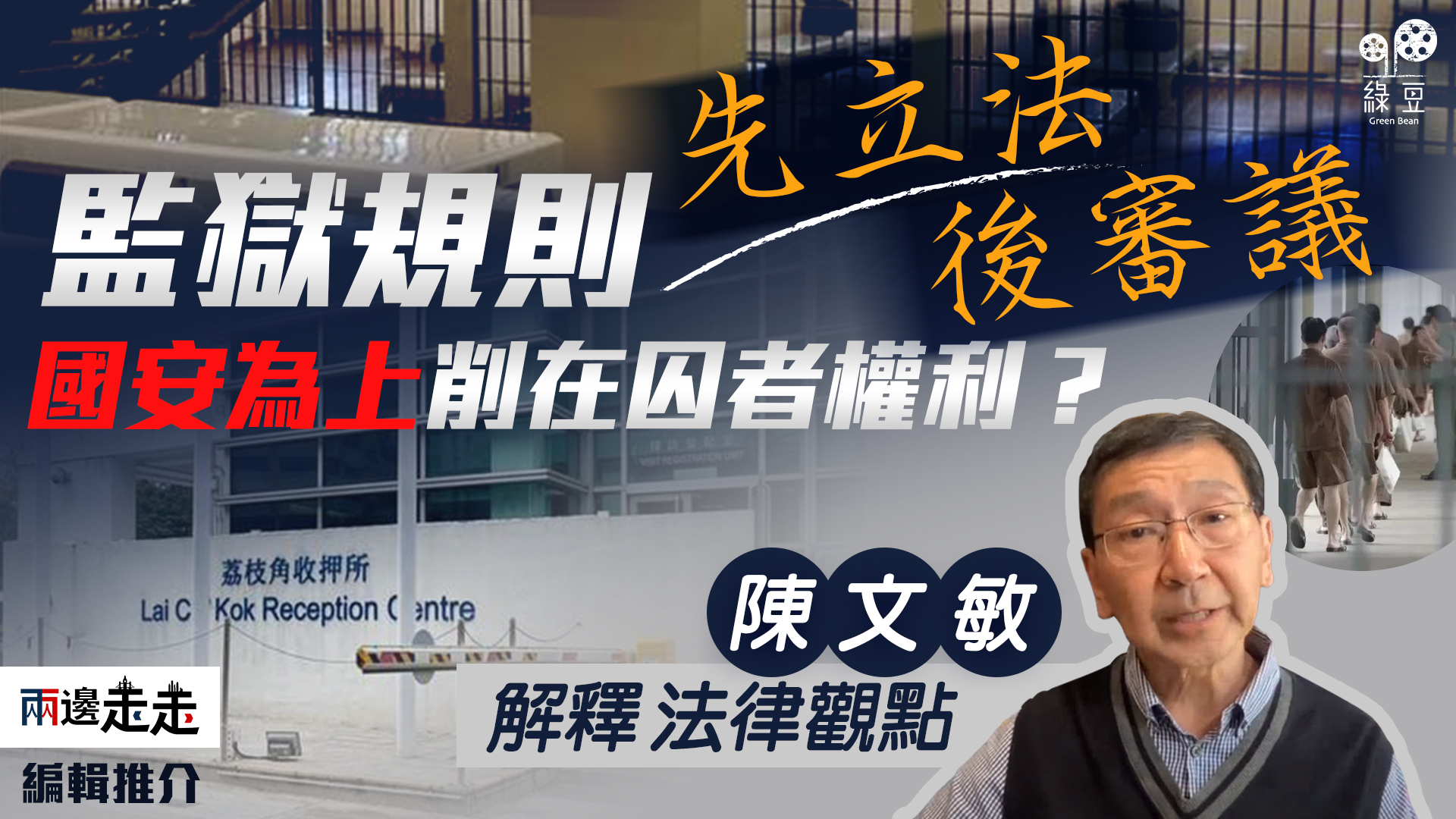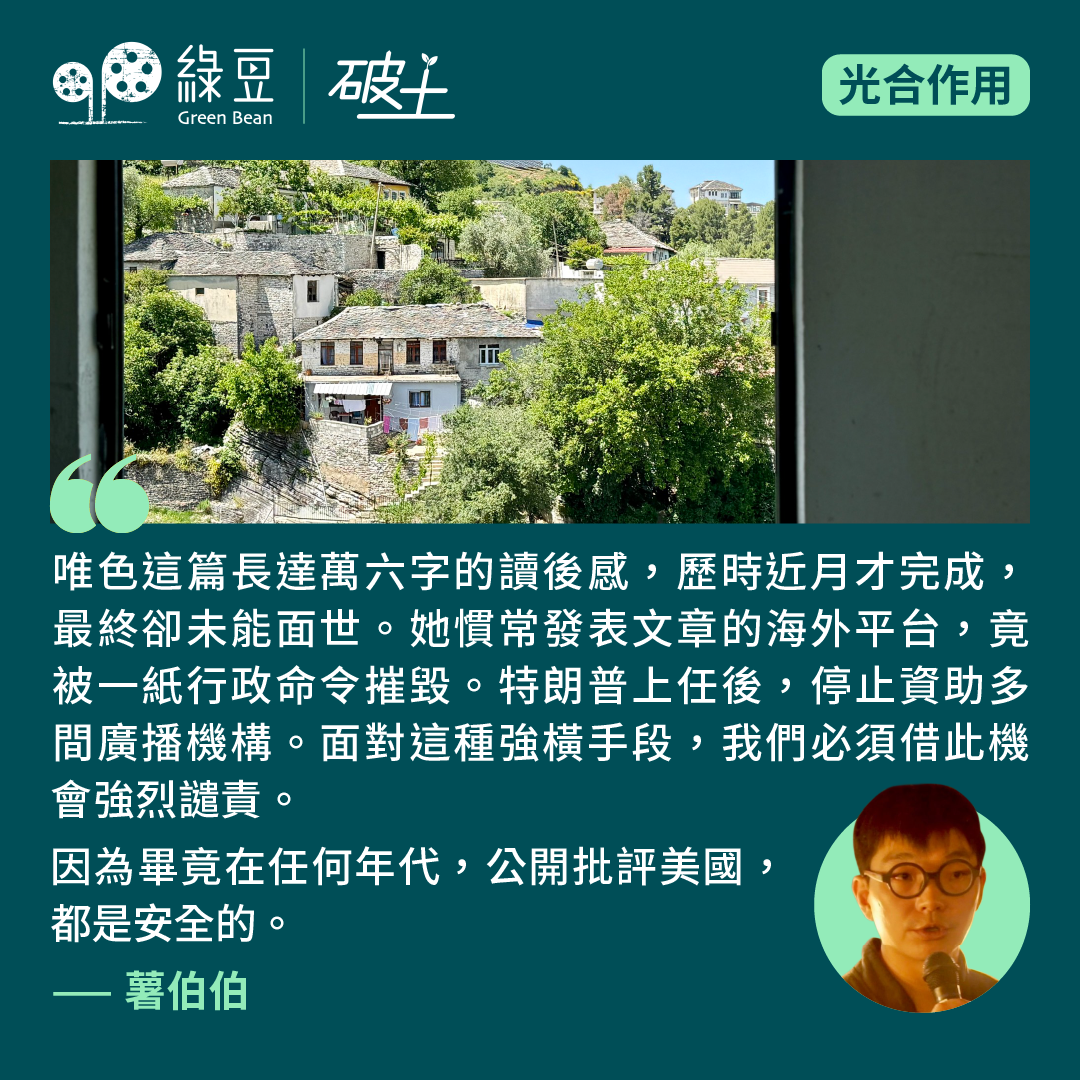Political apathy hits Hong Kong

An air of political apathy has engulfed Hong Kong in the wake of the seismic change in the city’s socio-political scene after the 2019 political unrest.
A survey by a local university released on Wednesday last week found about 60 percent of Hongkongers have said they are not interested in politics. More than four-fifths rarely or never expressed relevant opinions on social media in the past year.
The survey was conducted by the Hong Kong Institute of Asia-Pacific Studies at Chinese University. A total of 711 people had responded to the telephone survey between July and August this year.
In the survey, 39 percent and 23.9 percent of respondents said they were not very concerned by or had no interest at all in politics, respectively. The combined total saw an increase of 7.3 percentage points compared with the corresponding figure in a survey done last year.
About 16 per cent seldom expressed political opinions online, such as on social media platform Facebook and internet forums, in the past year while 68 per cent said they had never done so. The proportion of such responses had grown by 17.1 percentage points over last year.
The marked cooling of the people’s enthusiasm for politics has not come as a surprise. Nor the lack of interest of the media in the survey, which is yet another sign of the depth of political indifference in the city. The survey was not reported on most of the media platforms.
The emergence of signs of political indifference marks a reversal of the trend of increased political participation among the populace since the 1980s. The city’s political life grew more lively and diverse following the introduction of popular elections around the same time.
Political groups and parties had sprouted in the 1990s and thereafter. Radio phone-in programs were launched, providing a platform for the public to express their views on political and social issues.
Political interactions between the Government and society with the Legislative Council and the media playing a role have helped keep the city peaceful and stable in the past few decades.
Even during the 2019 political unrest when clashes between protesters and the Police grew violent, the city had not arguably plunged into an anarchy nor bloodbath.
It says something of the passion and the cool heads of Hongkongers when it comes to politics.
If the results of the university survey are a warning, it is not so much a case of political apathy, but political futility. Political apathy is a symptom. Political futility is the cause. Contributing to the cause of a feeling of political futility are factors including the revamp of the election system, increased curbs on freedom of expression and political dissent.
The record low turnout rate of the 2021 Legislative Council election, or 30.2 percent, is a clear case of political apathy caused by a rollback of democracy in the election system.
With the new District Council election three months to go, the lack of election atmosphere is obvious. And the reason is simple. With an election lacking genuine competition with real choices of candidates, voters can be pardoned for shunning the polls.
It is plainly wrong to say, therefore, those who had not cast their votes in the 2021 district polls or have already decided not to vote in the upcoming election are not interested in politics and elections.
The likely truth is that there is none in the list of candidates they found worthy to support.
Similarly, those who have said they had no interest or were not concerned about politics might have said so because they think it is futile to do so. Likewise, those who had kept quiet on social media platforms did so because their voices will not be heard, not to mention the risk of rubbing the nerves of the national security police.
To Beijing, the Government and local loyalists, a politically-subdued Hong Kong may not be a bad thing, but perhaps what they would want with people’s political participation managed by the authorities.
Superficially, elections will continue to be held. The Government will continue to urge people to stand for election and come out to vote. But it will not be a surprise if the Government heeds calls by the Democratic Alliance for the Betterment of Hong Kong to shorten the voting hours on December District Council election day.
From the proportion of directly-elected seats to voting arrangements, Beijing and the Government seem to be moving to dampen public political participation and activism in the society.
The Government, meanwhile, will fully control the political game of soliciting public opinion. The way the Government conducted the public opinion-gathering sessions is a case in case. Media reports said all participants had been vetted by the relevant district officers.
The growth of a feeling of political apathy in any society is hardly healthy. It will breed negative emotions and damage the sense of belonging of people, in particular the younger generations, and worse, sow seeds of unrest.
▌[At Large] About the Author
Chris Yeung is a veteran journalist, a founder and chief writer of the now-disbanded CitizenNews; he now runs a daily news commentary channel on Youtube. He had formerly worked with the South China Morning Post and the Hong Kong Economic Journal.





